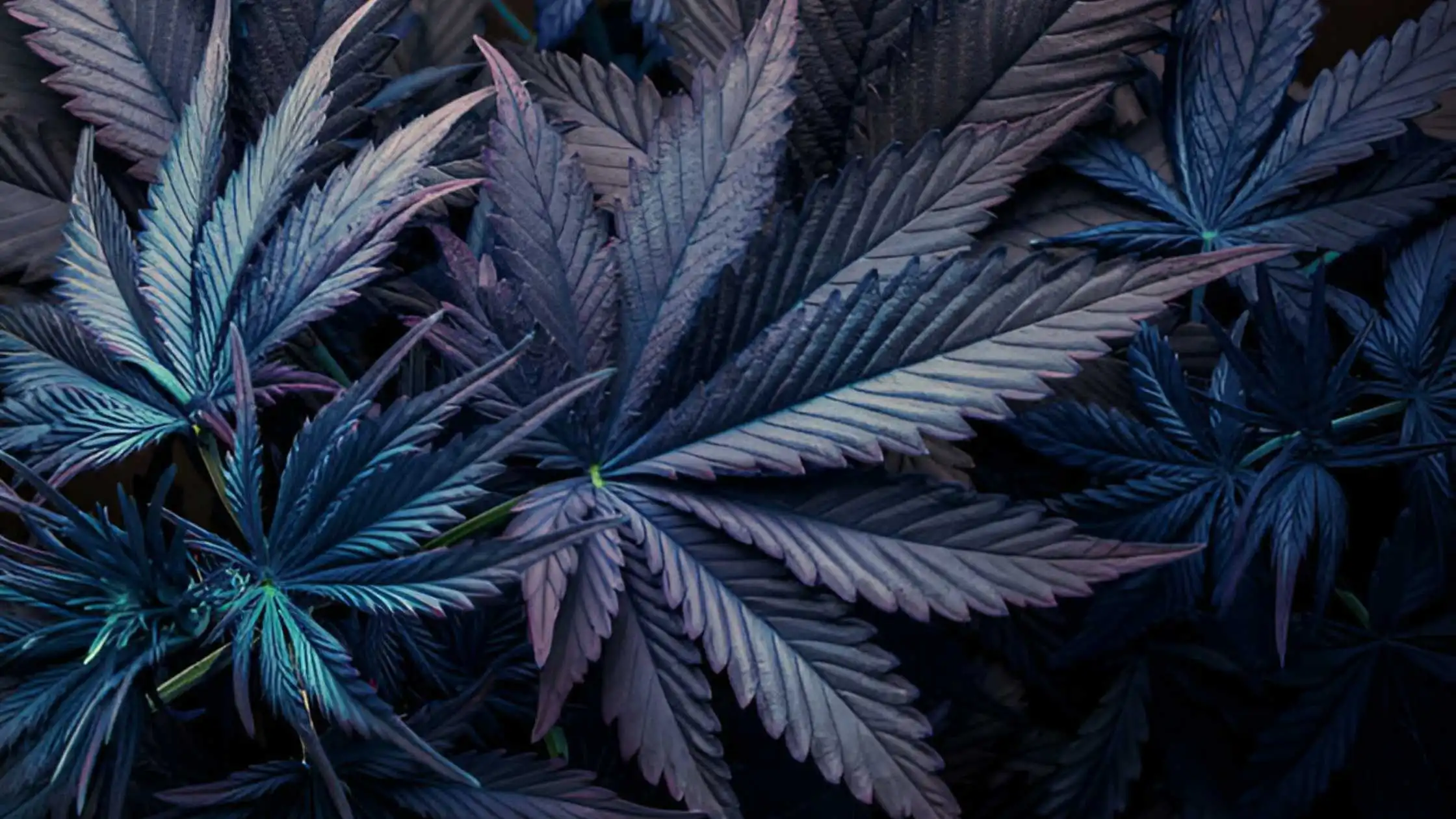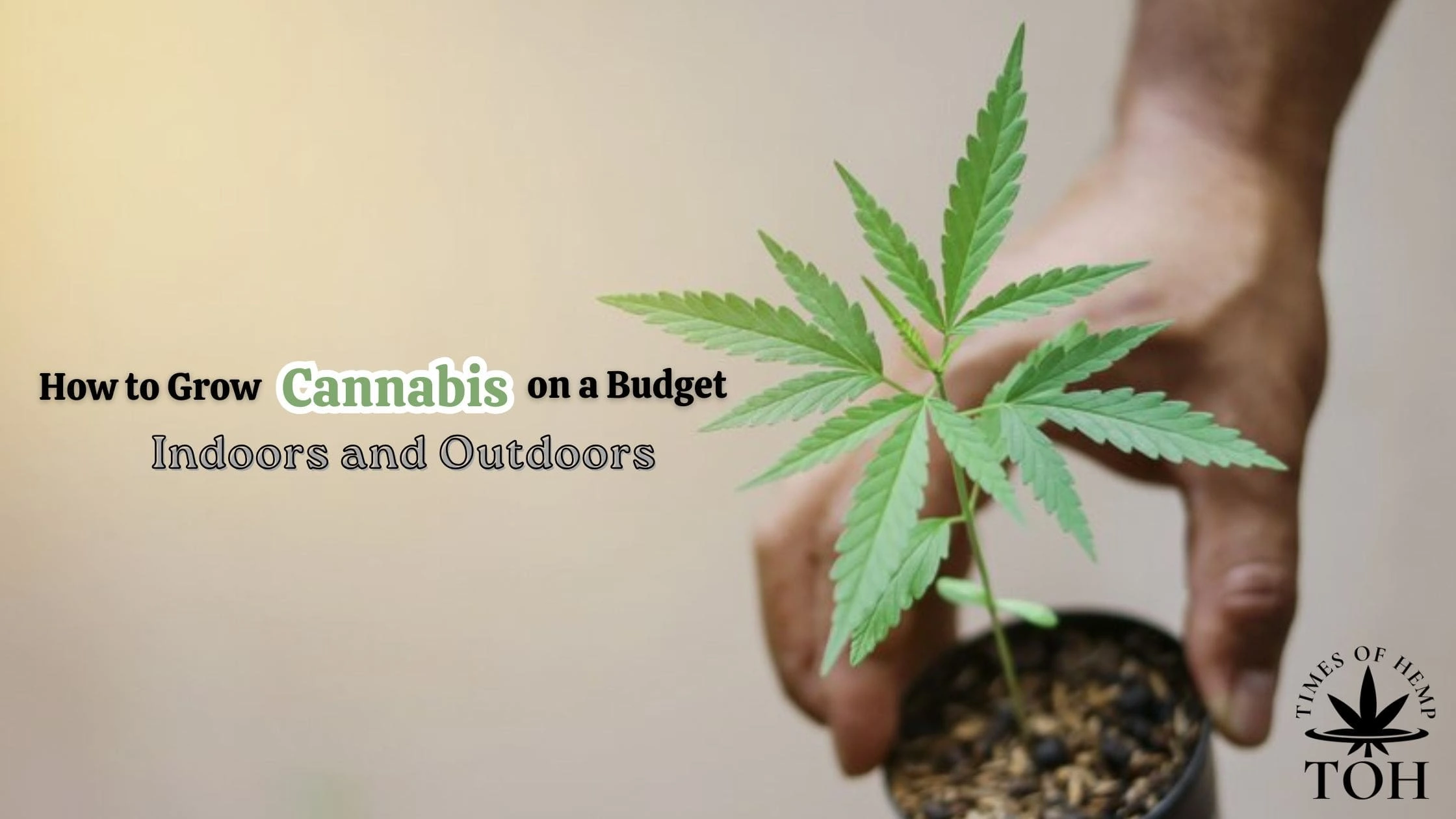Will India legalize cannabis after the UN vote?
Cannabis, also known loosely as hemp, marijuana, or pot, may be on its way to being reclassified in India. Cannabis transactions are mainly illegal and strictly controlled in India. But now, the United Nations has decided to remove cannabis and cannabis resin from the list of dangerous narcotic substances. And India voted in favor of the decision.
Regulation of cannabis and its products has been under public lens in India in the wake of high-profile arrests, including that of actor Rhea Chakraborty in recent times. There have been demands to legalize cannabis in India.
A majority vote decided the UN Commission on Narcotic Drugs (UNCND). India was among the 27 countries that voted for the removal of cannabis and cannabis resin from the list of prohibited substances. This decision flowed from a series of recommendations made by the World Health Organization (WHO) on marijuana and its derivatives.
What the UN’s cannabis decision means
“The CND zeroed in on the decision to remove cannabis from Schedule IV of the the1961 Single Convention on Narcotic Drugs— where it was listed alongside deadly, addictive opioids, including heroin,” the UN said in a statement.
Cannabis was on the CND’s prohibited list for nearly 60 years, warranting strict control on its production, supply, consumption, and even use for medical purposes.
An essential emphasis of the UN was that the reclassification of cannabis could “act as a catalyst for countries to legalize the drug for medicinal use, and reconsider laws on its recreational use”.
It was the recreational aspect of cannabis and its derivatives that came under investigation by the Narcotics Control Bureau (NCB), which earlier charged Rhea Chakraborty, her brother Showy, and several others in a case of illegal use of narcotics. Rhea was charged with possessing curated marijuana.
Cannabis: Illegal yet legal
Cannabis and its derivatives are banned in India under the Narcotic Drugs and Psychotropic Substances (NDPS) Act of 1985. Cannabis is a generic name, according to the WHO, for a range of preparations of the Cannabis sativa plant. Marijuana, a Mexican word, is a frequently used name for products made from Cannabis leaves or other parts.
The NDPS Act strictly regulates cannabis plants and their products. Charis is separately mentioned as a regulated substance under the law. Charis is a resin extracted from the cannabis plant. Hashish or hash is another name for charas. Cannabis oil or hashish oil is also regulated in India.
The NDPS Act describes another cannabis product, ganja, separately. Ganja is derived from the flowering or fruiting part of the cannabis plant. It is this formation that is commonly referred to as “weed” or marijuana.
The law does not ban the use of seeds and leaves of the cannabis plant if these are not mixed with other parts of the vegetation. This is why bhang, commonly consumed by people in northern and eastern parts of India during the Holi festival, is not illegal. Similarly, chutney made from cannabis seeds and famous in the Himalayan regions, mainly Uttarakhand, is not banned.
This was a defense given by Rhea Chakraborty’s lawyer during the bail hearing. The NCB, in its probe, had found WhatsApp chats about CBD oil, which is different from the cannabis oil as it is derived from the leaves.
History of cannabis regulation in India
Cannabis has a long history in India. Its oldest origin is unknown, but what is certain is that around 3,000 BC, people consumed cannabis in some form. Evidence from 1,000 BC onward supports its use in India. It has been used in India and elsewhere for medicinal and recreational purposes. Its association with Lord Shiva is part of Indian folklore.
Regulation of cannabis or its bhang form began with the British becoming a colonial power in India. The British Parliament enacted a law to tax bhang, ganja, and Charas on the pretext of the “good health and sanity” of the “natives.” However, the British did not criminalize its use.
The criminalization of cannabis in various forms happened after the 1961 convention of the UNCND that placed the plant and its derivatives on Schedule IV. India had opposed the move against cannabis, citing its social and religious link to the consumption of cannabis. But later on, when the 1961 convention found its expression in India’s NDPS Act, cannabis became highly regulated. India, however, kept bhang out of its purview.
What now?
There is another common thread. The US had canvassed strongly in 1961 for strict regulation of cannabis as it criminalized its usage. Now, several US states have decriminalized cannabis, and there is growing public opinion for de-criminalizing cannabis; the US has favored the plant being taken off the strict control schedule. India voted for the resolution to reclassify cannabis at the UN.
The UN decision to reclassify cannabis, however, would not immediately change the way countries across the world are regulating it. Still, it is expected that the UNCND decision would lead to an international protocol to legalize cannabis.
Many being arrested or investigated by the NCB in connection with possession or suspicion of possession of cannabis or its derivatives may rue that the decision of the UN agency came a little late for them.
Disclaimer: This article is originally published on https://www.indiatoday.in/news-analysis/story/will-india-legalise-cannabis-after-un-vote-1746631-2020-12-04





